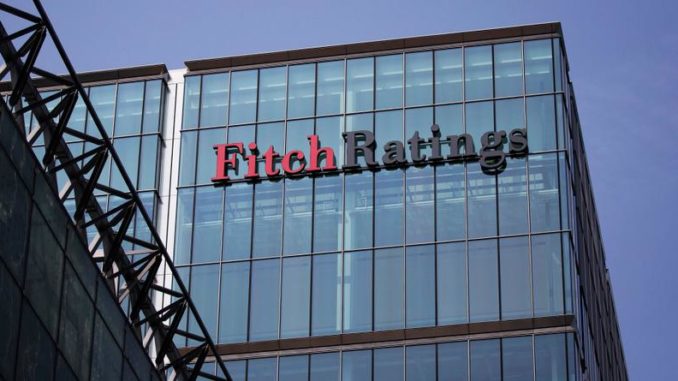
International credit ratings organisation, Fitch Ratings, has said that the higher capital requirement for banks operating in Nigeria inclusive of non-interest banks would boost the growth of the Islamic financial sector in the country.
This was disclosed in its non-rating action commentary issued on Tuesday.
In March, the Central Bank of Nigeria announced new capital requirements for banks in the country as commercial banks with international authorisation are expected to have N500bn, the capital requirement of the non-interest banks was pegged at N20bn and N10bn for national and regional licences, respectively.
Commercial banks with national licences saw their capital base pegged at N200bn up from N25bn and merchant banks requiring N50bn up from N15bn. As of April 2024, no Fitch-rated banks had met the new requirements but they have up to March 2026 to do so based on the CBN circular.
In its commentary on the Islamic banking sector, Fitch said that it expects the sector to continue growing over 2024–2025, “Driven by the anticipated increase in equity issuance for Islamic banks to comply with the Central Bank of Nigeria’s significantly increased paid-in capital requirements.
“While Islamic banks’ lower capital requirements compared to conventional banks could provide an advantage, with lower barriers to entry, we expect their market share to remain below two per cent as conventional banks are likely to grow faster.”
It revealed that Jaiz Bank Plc (rated B-/Stable) recently signed a memorandum of understanding with the Islamic Corporation for the Development of the Private Sector to explore investment opportunities through the introduction of additional Tier 1 capital (mudarabah capital) for the business growth of Jaiz Bank Plc, and its regional expansion through ICD’s partnership and networks.
Taj Bank and Lotus Bank (both unrated), who must also comply with the new capital requirement had a gap of about N6bn each (about $5m at the current exchange rate) as of the end of 2022.
According to the list of licenced banks released by the CBN in May, there are four non-interest banks in the country. They include Jaiz Bank Plc, TAJ Bank Limited, Lotus Bank Limited and Alternative Bank Limited.
The rating firm estimates the Islamic finance industry in Nigeria at $3.8bn as of 2023 ending. It is predominantly sukuk, at 59.3 per cent of the total industry value, followed by non-interest banks (39.8 per cent) and Islamic funds and takaful (together 0.9 per cent).
With these figures, Fitch said there is significant potential for growth in Nigeria’s Islamic finance industry, given it has the largest Muslim population in Africa and over a fifth of the Nigerian population is unbanked.
However, challenges to tapping this potential include gaps in the distribution network compared to conventional banks, a smaller, but growing, capital base, low public awareness and demand for Islamic products, and segments of the public strongly opposing Islamic finance.





